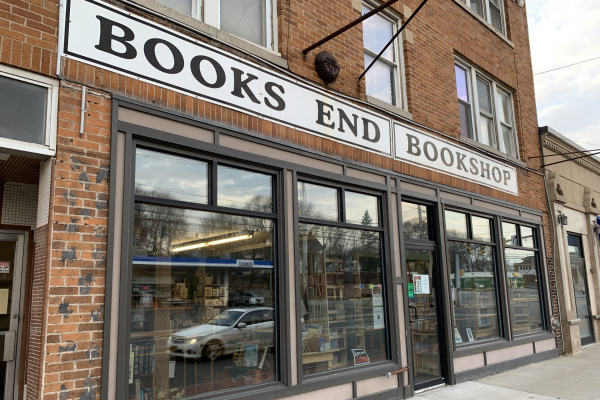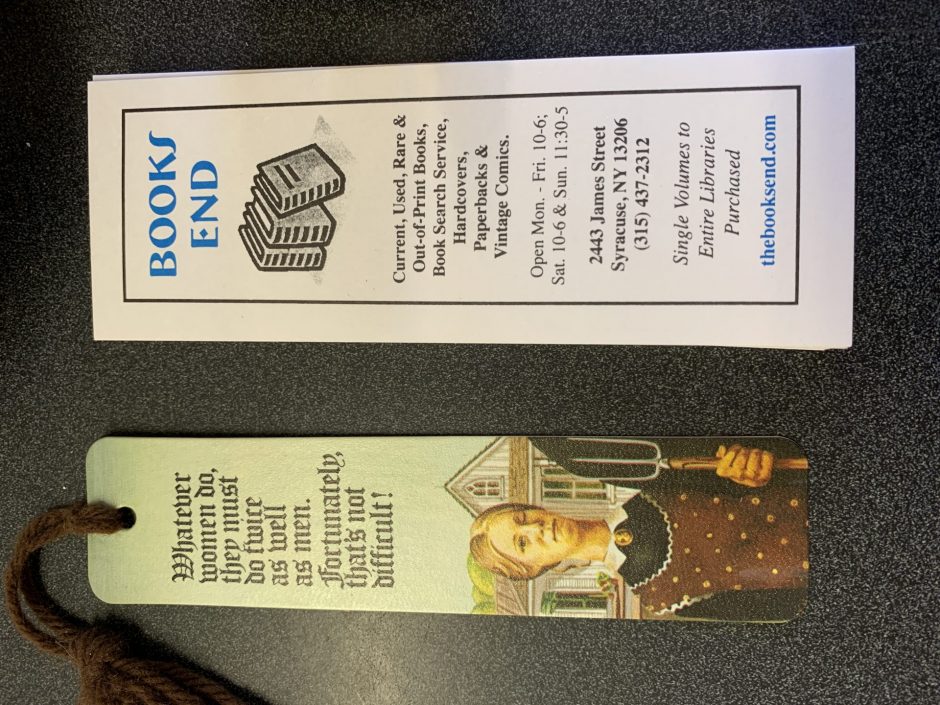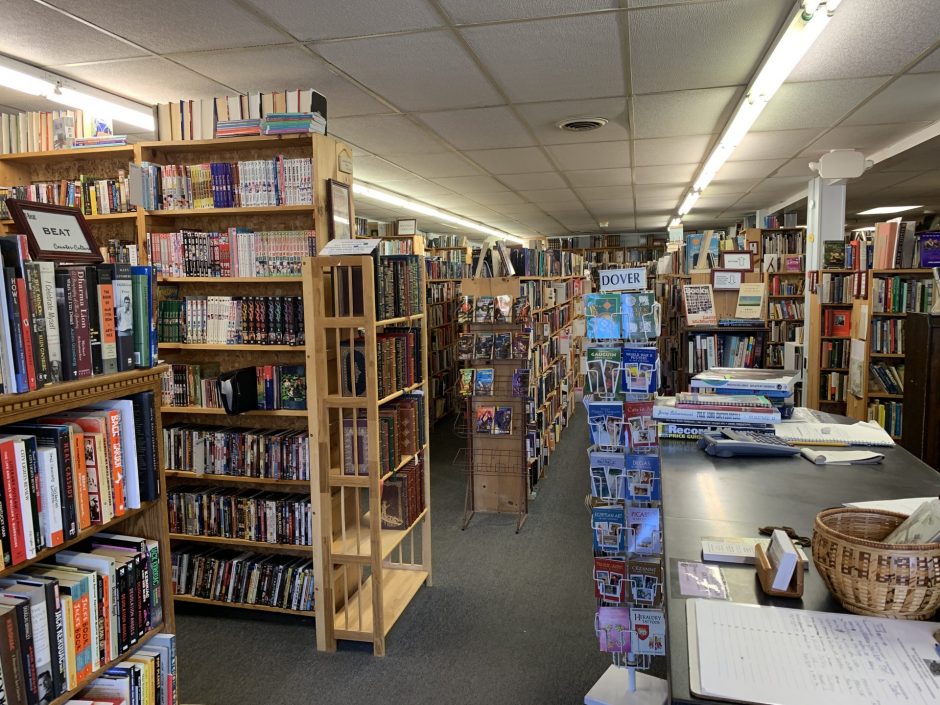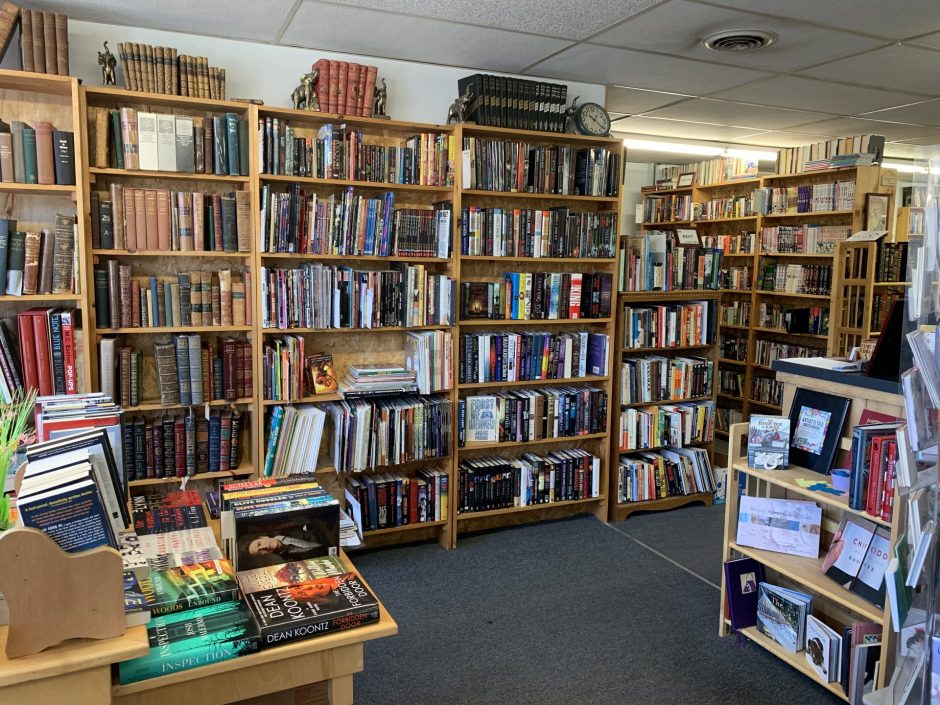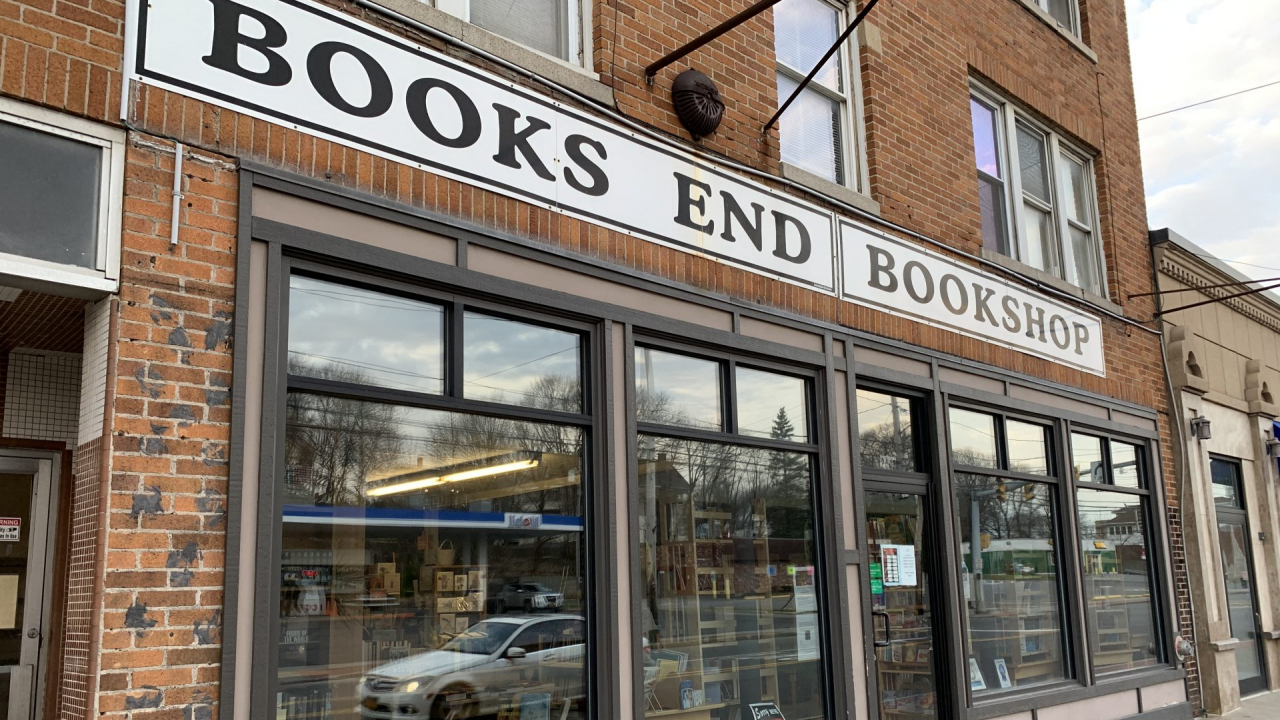
Syracuse, N.Y. – The idea that Amazon has killed the independent bookstore and that no one reads anymore is thought to be a nationwide narrative. But that story seems to be just that – fiction.
The market research company, the NPD Group, reports bookstores all over the country have seen an uptick in in print book sales and customers last year. According to the NPD Group, print book sales have increased 1.3% over the past year. In Central New York people seem to be following the nationwide trend.
“We absolutely notice more foot traffic, more people coming into the store. Even as opposed to online sales in general. I think there has been more of a desire to go back to the old ways of going to a bookstore,” said Jim Roberts, owner of Books End Bookshop in Syracuse, “The whole problem with the ebook is that you can’t really browse. You can never find something you didn’t know you wanted.”
In July 2010 the CEO of Amazon, Jeff Bezos, revealed that Amazon customers were officially buying more Kindle books than print books.
“When the Kindle came out our sales dropped and our foot traffic dropped. But all I hear from people now are ‘I tried the Kindle and I hate it’,” Jim Roberts said about the Kindle trend that began a decade ago.
Roberts knows this is not the case for everyone, and that many people like the Kindle for traveling. Instead of packing 5 books, it is all in one thin device. However, Roberts says it just does not compare to the paperback book. Between 2016 and 2017, e-book sales dropped by 10%. The question bookstore owners and the general public alike are asking: why did consumers decide to go back to print books?
“I think it’s emotional. I think book lovers don’t just love reading, they love the book itself the physical manifestation of it. The fact that you can be reading it and already know how much you’ve got left,” said Roberts, “The book is the perfect consumer product. You don’t need instructions on how to use it. It’s very simple. It’s been working for hundreds of years and it really didn’t need improving.”
Roberts said print books provide a different experience for the reader that an ebook simply cannot.
“To hold a book in your hand is a completely different experience than to hold a phone in your hand. Reading a book, instead, allows you to not be staring at a screen. It’s a more intimate experience somehow,” said Roberts.
Roberts said surprisingly, the largest number of consumers shifting back to the print book is the youth. The millennial generation appears to have a fascination with “vintage,” and therefore they do not want to give up the physical book. While book sales may never recover to their pre-internet numbers, the print book is certainly not dead.

